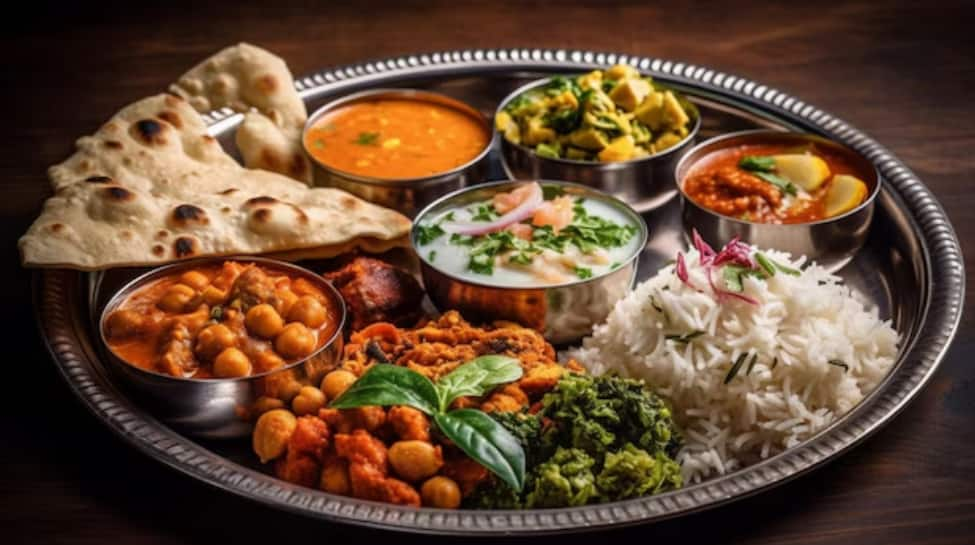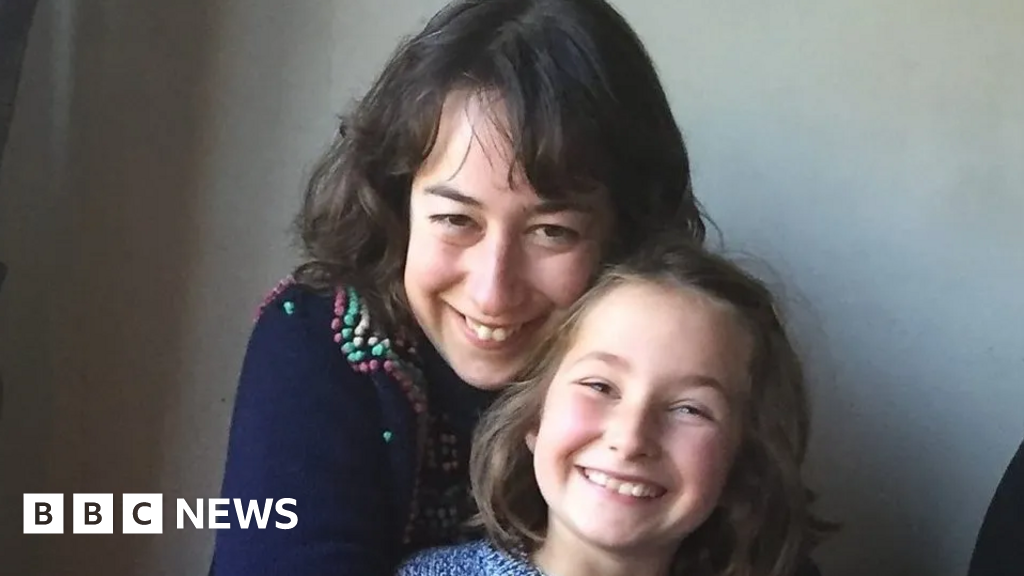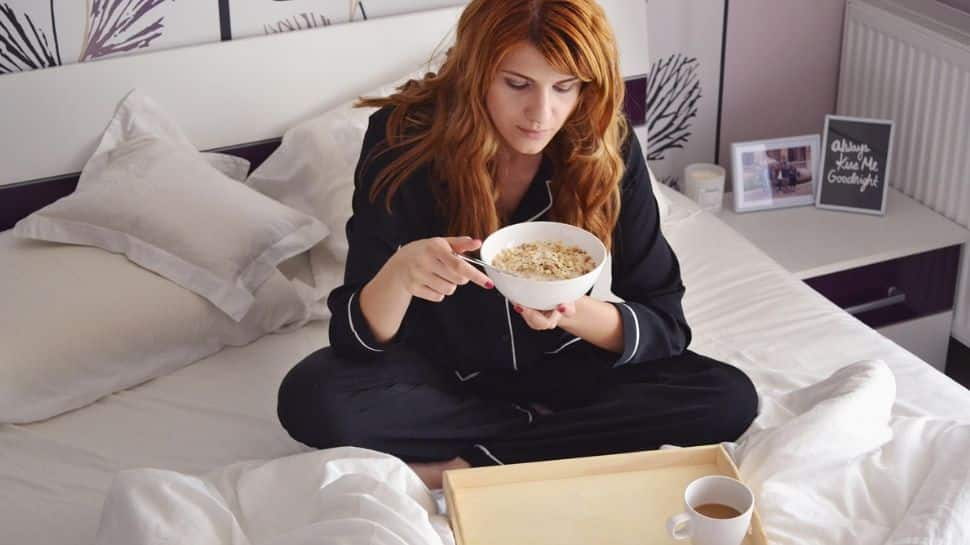World Sleep Day is observed every year on the third Friday of March and this year, it falls on March 17. This day is the initiative of the World Sleep Society, a non-profit organisation that aims to promote awareness about sleep health worldwide. Saloni Jhaveri, in-house nutritionist, at Conscious Food, shares with us, ” Every year, World Sleep Day is celebrated to increase understanding of the significance of sleep and its effects on a person’s overall health and wellness. A key element in achieving a restful night’s sleep involves being mindful of your food choices prior to going to bed.”
World Sleep Day: Say NO To These Foods At Night
Certain foods, if consumed prior to hitting the sack, can lead to bloating, restlessness, and insomnia, thus affecting the quality and quantity of sleep. Here are some foods and types of foods that people must avoid before going to sleep. Saloni Jhaveri gives us a list of food that we must stay away from before bedtime:
1. Caffeine: Caffeine is a stimulant that can promote wakefulness, and it takes around six hours for caffeine to be eliminated from the body. Therefore, it is recommended to avoid consuming coffee, tea, energy drinks, or any other caffeinated beverages before bedtime.
2. Alcohol: Although alcohol may induce drowsiness, it can interfere with sleep and cause frequent nighttime awakenings. It’s best to avoid alcohol before bedtime or limit its consumption to one or two drinks earlier in the evening.
3. Spicy and Fatty Foods: These foods can cause heartburn, indigestion, and acid reflux, making it challenging to fall asleep and stay asleep.
4. Sugary Foods: Sugary can increase blood sugar levels and lead to insomnia. Hence, it’s advisable to steer clear of these types of foods before bedtime.
5. High-protein Foods: They can also be challenging to digest and cause discomfort, leading to disrupted sleep. So, it’s better to avoid high-fat and high-protein foods before bedtime.
World Sleep Day: Dinner Advice – Eat Early, Eat Light
The timing of the meal and the type of meal is important. As Jhaveri points out, eating a heavy meal before bedtime can cause discomfort and indigestion. “Therefore, it’s better to have your main meal earlier in the evening and avoid large and heavy meals before going to bed,” she says. Jhaveri adds that to achieve a good night’s sleep, it’s recommended to consume light and healthy snacks, such as fruits, vegetables, and whole-grain crackers, that won’t disrupt your sleep. Always remember, what you eat before bedtime can significantly impact your sleep quality.













































